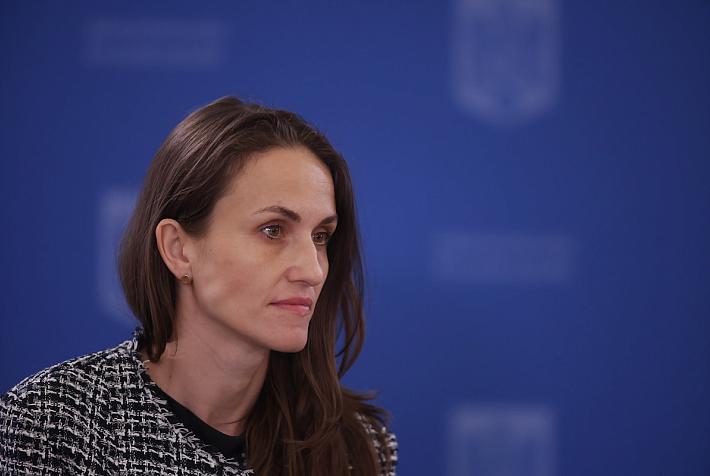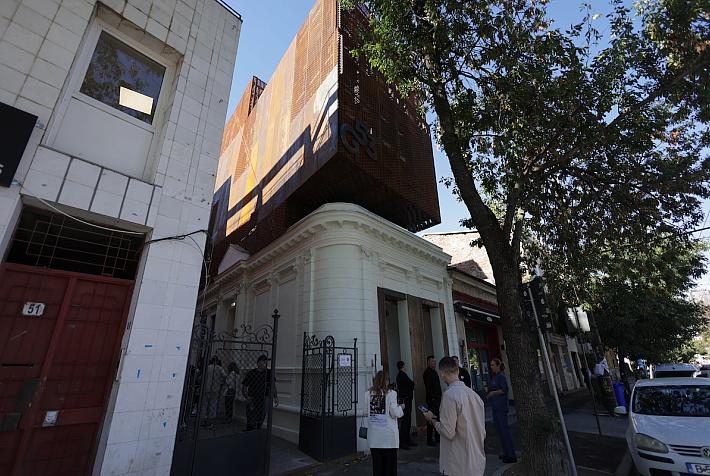New regional initiative tackling Roma segregation in schools kicks off in Bucharest

A new initiative to improve access for Roma communities in Eastern Europe to education is launching with a series of meetings in Bucharest. The Desegregation and Action for Roma in Education-Network (DARE-Net) aims to tackle serious problems in educational provision for Roma in Europe.
Top of the list is segregation of Roma children in schools, which as well as being outright discrimination, violates rights to education and stops Roma people from realizing their potential, according to the European Roma Rights Centre (ERRC). Segregation and restriction of access to education was one of the many points raised recently by Hindu religious leader Rajan Zed in what he describes as “apartheid” of Roma in Europe. Currently, two out of three Roma children in Europe do not complete primary school and the “overwhelming majority” don't finish secondary education, according to the ERRC.
DARE-Net is a multi-organization body that will first examine and appraise practices and initiatives relating to education provision for Roma communities in six countries: Romania, Croatia, Greece, Hungary, the Czech Republic and Bulgaria.
Between February 25 and 28, the organizations involved are meeting in Bucharest, which as well as starting the initiative, will provide a chance to discuss examples of action that has already taken place or is currently ongoing. “Key examples include affirmative action initiatives or legislation to prohibit school segregation in Romania, and litigation to combat Roma school segregation and promote the integration of Roma children through inclusive education resulting in favorable decisions by the European Court of Human Rights,” according to one of the organizations involved, the European Roma Rights Centre (ERRC).
The dramatic failings in educational provision are shared by all six countries involved and it was the similarities in situations in the these countries that led to their inclusion in the international program. “A transnational perspective is crucial for applying best practices on combating school segregation in the partner countries,” said the ERRC.
DARE-Net involves Romani CRISS, in partnership with the FXB Center for Health and Human Rights at Harvard University, Greek Helsinki Monitor, the European Roma Rights Centre (ERRC), Life Together and Integro Association Bulgaria. The organization will set up network of Roma and non-Roma civil society and academic organizations to analyze practices and initiatives relating to Roma education and the desegregation of Roma children in schools.
Liam Lever, liam@romania-insider.com
(photo source: sxc.hu)












